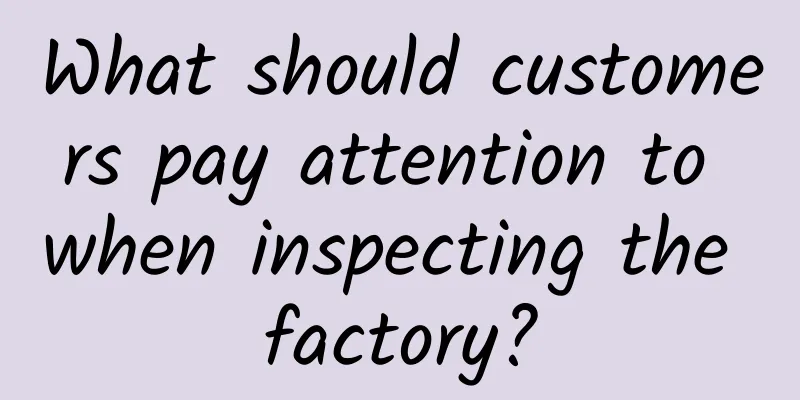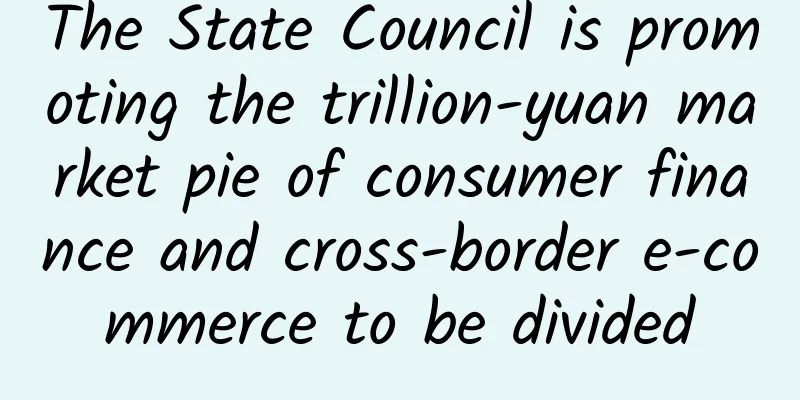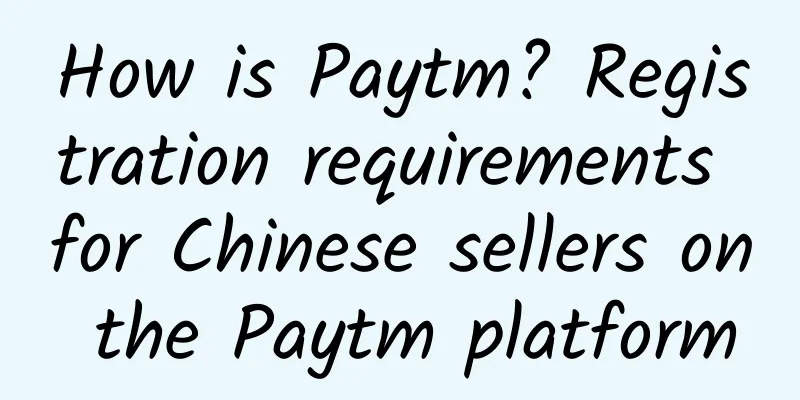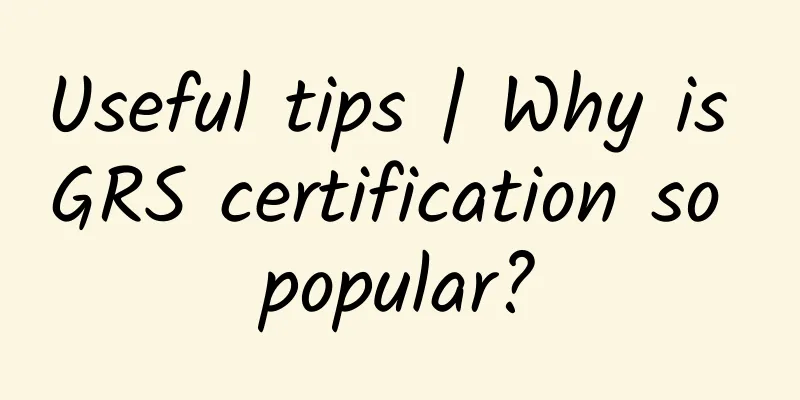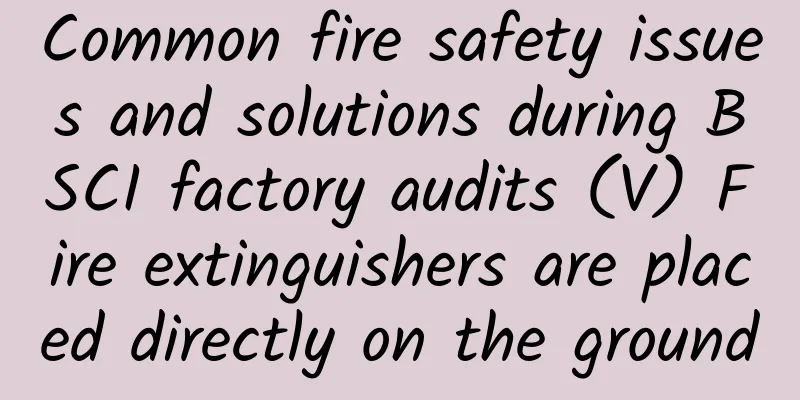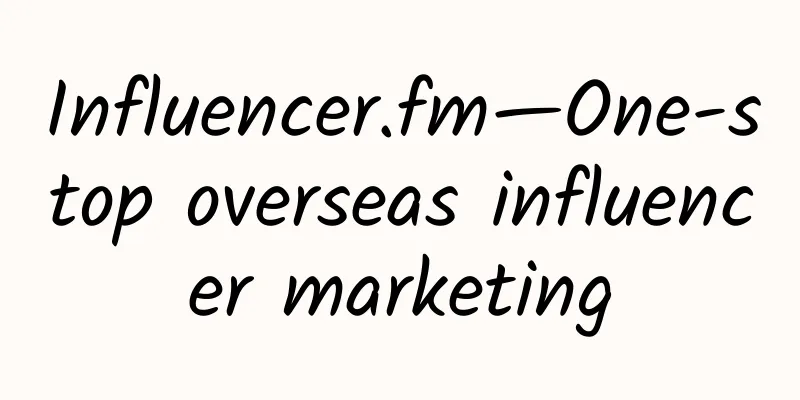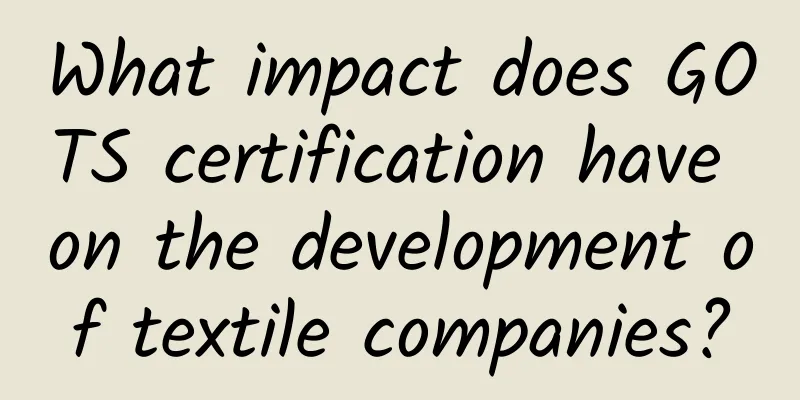How can we conduct repeated factory inspections with different standards?
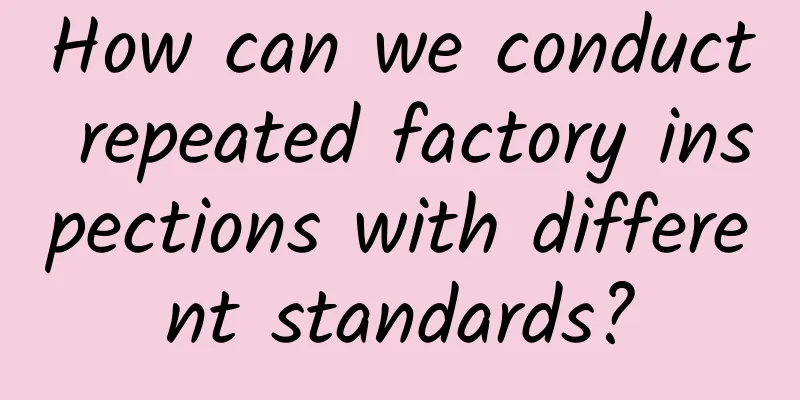
|
Liang Mei, executive vice president and secretary general of the China Toy Association, recently responded positively to the overseas public opinion that some toy factories in my country do not assume social responsibility. She said that the inspection and review (factory inspection) of toy factories in my country by some international non-governmental human rights organizations and major international buyers is neither standardized nor transparent, which makes the enterprises feel at a loss. Their false criticism of our factories has caused negative impacts both at home and abroad. Liang Mei made these remarks while attending the 2006 China-EU Toy Safety Seminar and delivering a speech. She pointed out that in recent years, international non-governmental human rights organizations and international major buyers have paid more and more attention to the social responsibilities of toy retailers and toy manufacturers, and more and more toy factories in my country have been subject to factory inspections. This is not a bad thing, but the problem lies in the inconsistent standards and repeated factory inspections. Liang Mei gave an example, saying that some toy factories in Guangdong even have to receive five or six groups of overseas factory inspection personnel a day, which makes the factories overwhelmed. In addition, some international major buyers and institutions sent investigators to find workers outside the factory gates in Guangdong and other places to understand the situation. They got a few words that met the requirements of some people, and then exaggerated them without verification, causing some toy factories in my country to suffer unjust accusations. Factory inspections mainly check the social responsibility of enterprises, including employee benefits and wages, safety, environmental protection, etc. However, some factories that have done well in these aspects reported that after each inspection, some major international buyers would give the factory a result. But the strange thing is that we are obviously doing better than some foreign companies, but we have received a "red card" (i.e. no export in the future) or a "yellow card" warning, while foreign companies that are worse than us have received a "green card" and have smooth exports. Liang Mei said that the double standards, opacity and non-standardization in the factory inspection process are everywhere, which makes people suspect that there are shameful behaviors involved. The above phenomenon has attracted the attention of the International Toy Industry Association Council. The Council is currently soliciting opinions from various parties to formulate international unified standards for social responsibility factory inspections, and has set up a special committee to be responsible for this matter. It is reported that in the future, factory inspections will be conducted by independent third-party inspection and testing agencies commissioned by international buyers. If this move is truly implemented, it will help to clear the name of Chinese toy factories. |
<<: Unraveling the "mystery" of cross-border procurement
>>: Yiwu Inspection and Quarantine Bureau serves enterprises and promotes foreign trade
Recommend
The cross-border e-commerce team is growing! Tangshan Cross-border E-commerce Association is officially established
On August 30, 2019, the inaugural meeting of Tang...
eBay store opening video instructions
Today I will tell you about the text description ...
What is the GRS Global Recycling Standard certification process?
The Global Recycling Standard GRS certification p...
How is Unitex? What are the first-leg services of Unitex FBA?
How about Unitex? Since Unitex was founded in Hon...
How is Tokopedia? How to open a store on Tokopedia
Tokopedia is Indonesia's largest and most tra...
JCPenney Catalog Paper Policy
Another important policy related to JCPenney and ...
What is Easelly? How to use Easelly?
Easelly is a free cloud-based presentation data c...
Introduction to ICTI factory audit annual review
1. Introduction This document applies to the annu...
What is the Foreign Trade Building? What does it contain?
Shenzhen Yipai Intelligent Technology Co., Ltd.&#...
What are the common ways to promote Facebook ads? Here comes some practical tips!
Facebook advertising promotion method 1: Quick po...
How to obtain the “Climate Pledge Friendly” logo?
How to obtain the “Climate Pledge Friendly” logo?...
Illegal and irregular acts such as counterfeiting and overdue use of certificates will be severely punished
The well-known ISO9001 certification indicates th...
Interpretation of ISCC Audit Key Points
Interpretation of audit points 1. Remote audit an...
German companies promote AVE model
SA8000 and social responsibility standards have be...
What are the sales skills on eBay (Part 1)?
If you want to run an eBay store well, you must h...
